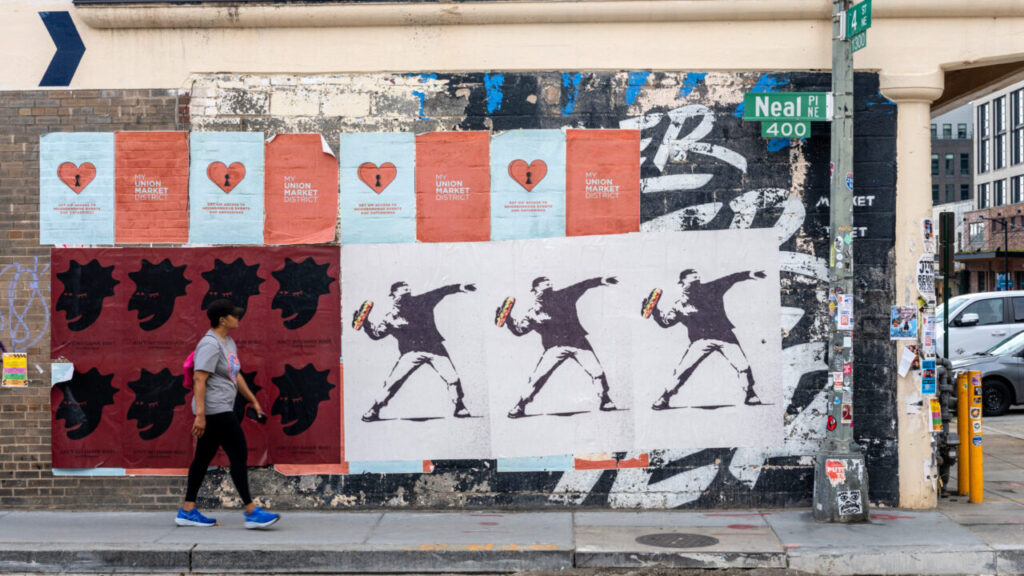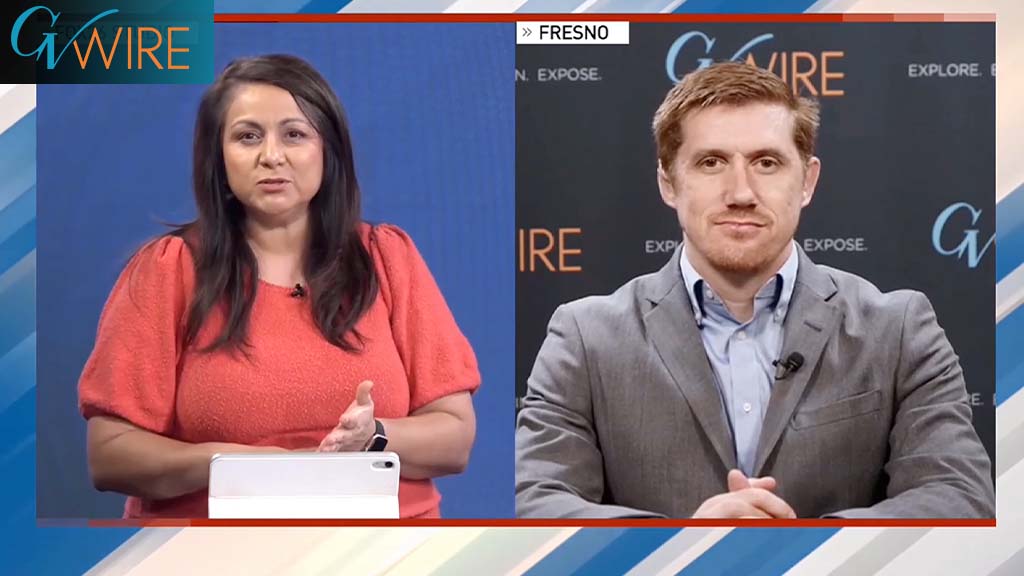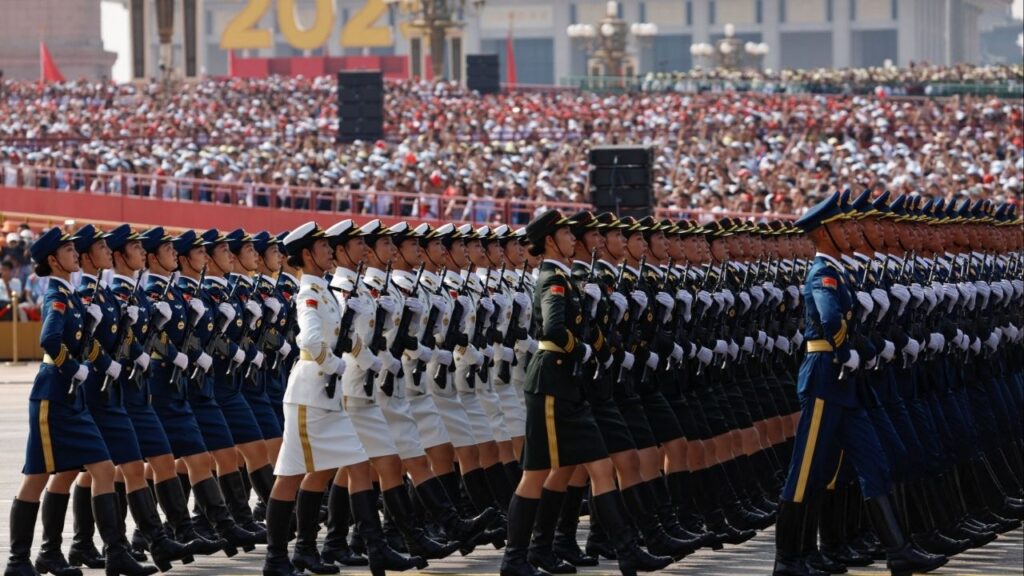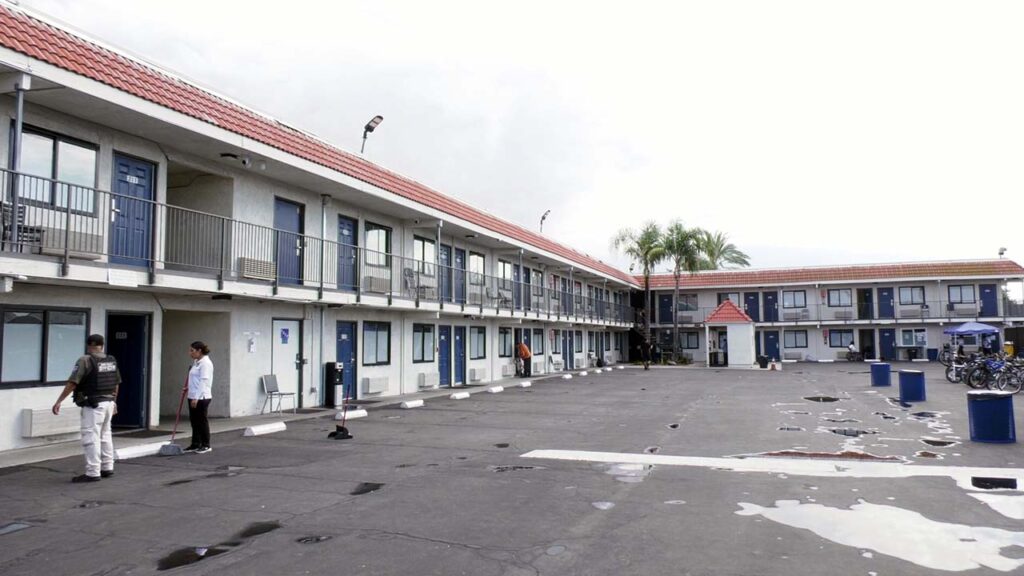‘I’m an Immigration Judge. Here’s How We Can Fix Courts’
Share
[aggregation-styles]
Washington Post
Washington Post
‘I’m an Immigration Judge. Here’s How We Can Fix Courts’
Every day, in 60 courts throughout the country, roughly 400 immigration judges sit to decide the fates of thousands of people. Our courtrooms can be almost anywhere: in Immigration and Customs Enforcement detention facilities, in federal courthouses or in leased commercial office spaces — like mine in the heart of the financial district in San Francisco. Walking by, you wouldn’t know what is going on inside.
What occurs in immigration courts is probably the most mysterious of all legal processes in our country. The reason: These are administrative courts, part of the Justice Department rather than the judicial branch. The rules we operate under are written by political appointees, not by judges, and often favor the government.
Our courts’ decisions are life-changing. We rule on whether a person is a U.S. citizen, whether a noncitizen can qualify for a status that allows him or her to remain in this country, or whether a person has violated our laws and must be forced to leave. Our decisions may cause the separation of parents and children or husbands and wives, because the law gives judges no discretion to allow someone to remain in our country based solely on hardship or humanitarian reasons.
What occurs in immigration courts is probably the most mysterious of all legal processes in our country. The reason: These are administrative courts, part of the Justice Department rather than the judicial branch. The rules we operate under are written by political appointees, not by judges, and often favor the government.
Our courts’ decisions are life-changing. We rule on whether a person is a U.S. citizen, whether a noncitizen can qualify for a status that allows him or her to remain in this country, or whether a person has violated our laws and must be forced to leave. Our decisions may cause the separation of parents and children or husbands and wives, because the law gives judges no discretion to allow someone to remain in our country based solely on hardship or humanitarian reasons.
By Dana Leigh Marks | 12 April 2019
RELATED TOPICS:
Categories
Latest
Videos

SF 49ers /
11 hours ago
49ers Backup QB May Start in Week 2 at New Orleans
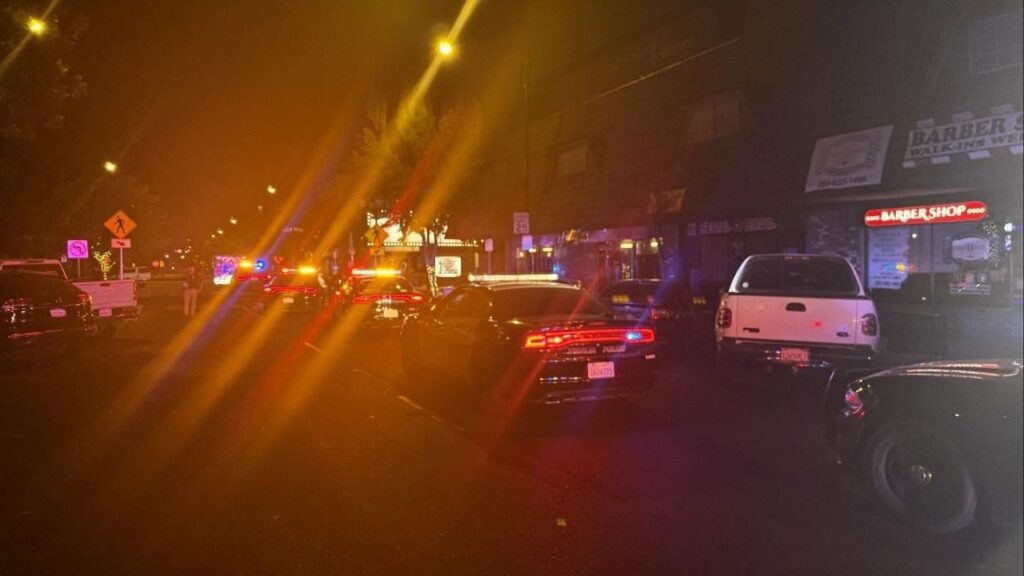
Crime /
12 hours ago









